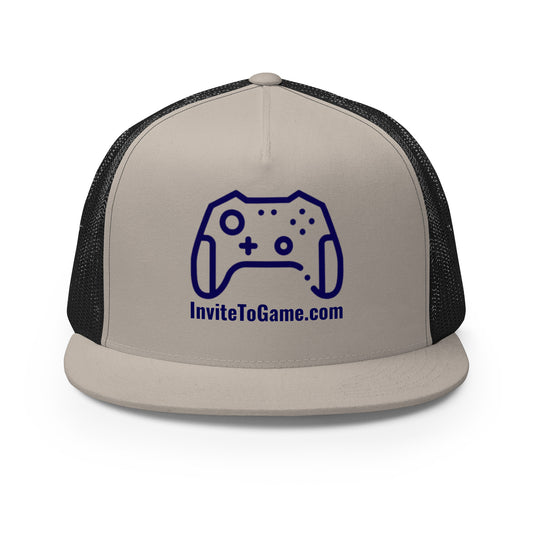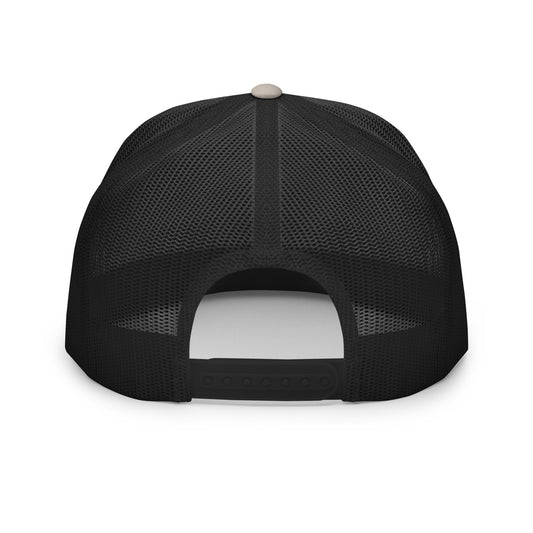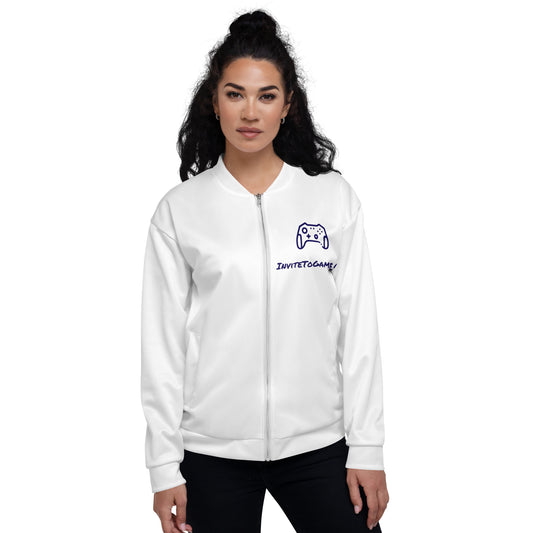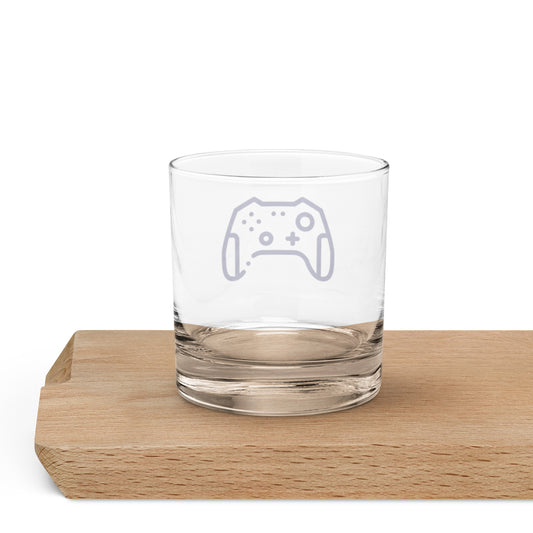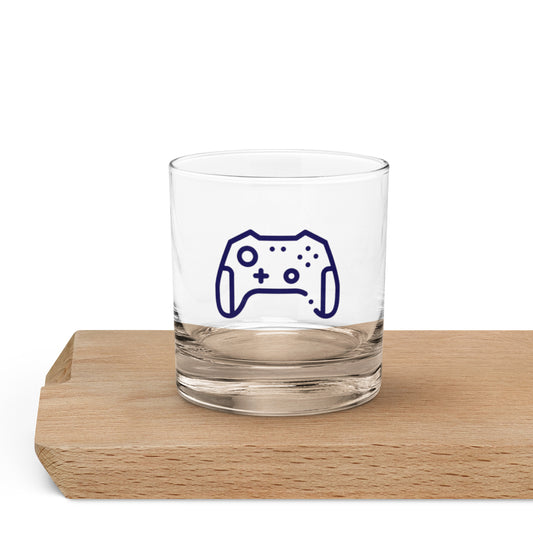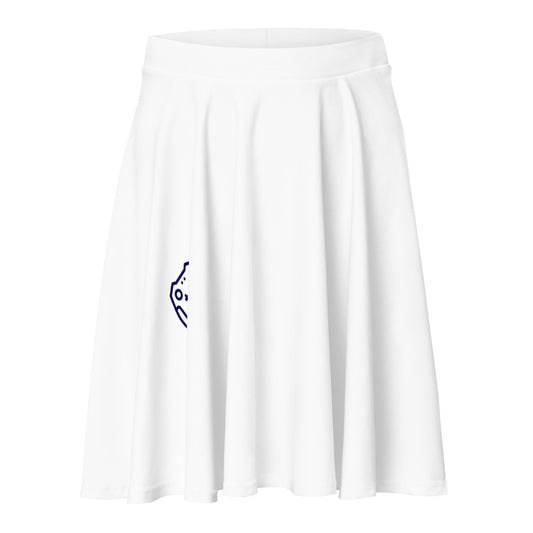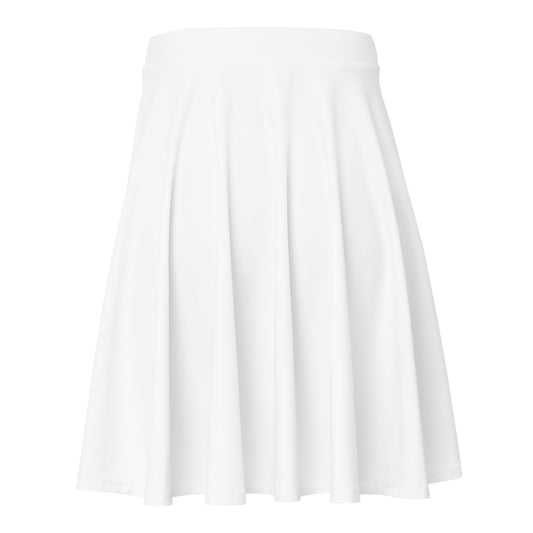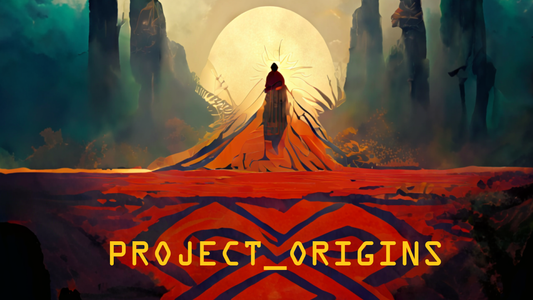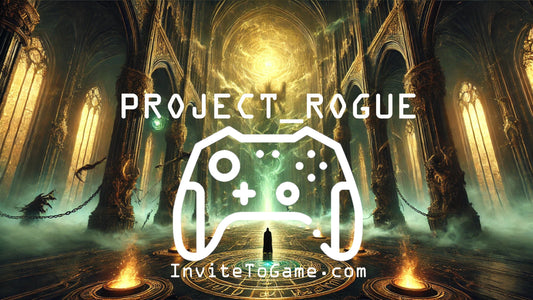
Overwatch
Joshua Brunhoff
Overwatch: A Comprehensive Guide to Blizzard’s Hero Shooter
Overwatch is one of the most iconic games in the first-person shooter (FPS) genre, blending fast-paced action, strategic gameplay, and unique hero-based mechanics. Released by Blizzard Entertainment, it has captivated millions of players around the globe. This article will delve into the origin of the game, how to play it, strategies to master it, and some additional interesting facts about Overwatch.
Section 1: The Origins of Overwatch
Who Created Overwatch?
Overwatch was developed by Blizzard Entertainment, a company renowned for its other hit titles like World of Warcraft, Starcraft, and Diablo. The game was designed by a team led by Jeff Kaplan, a prominent game director and former designer of World of Warcraft. The development of Overwatch marked a new direction for Blizzard, as it sought to enter the FPS genre with its signature style of gameplay.
What is Overwatch?
At its core, Overwatch is a team-based, multiplayer FPS where players select one of several unique heroes, each with their own special abilities, roles, and playstyles. The game revolves around two teams of six players each, fighting to complete objectives like capturing points, escorting payloads, or preventing the opposing team from completing objectives.
The game combines elements of traditional FPS games with hero-based mechanics similar to those in MOBAs (Multiplayer Online Battle Arenas), making it accessible to players of various backgrounds, from casual players to competitive gamers.
When Did Overwatch Come Out?
Overwatch was officially released on May 24, 2016, after a period of beta testing that began in 2016. The game quickly gained popularity due to its unique concept, fun gameplay, and Blizzard’s reputation for crafting immersive worlds.
Where is Overwatch Played?
Overwatch is available on multiple platforms, including Windows PC, PlayStation 4, Xbox One, and Nintendo Switch. It also boasts a thriving competitive scene with the Overwatch League, which features professional players from around the world competing for major prizes and the chance to be the best in the world.
Why Did Overwatch Come to Be?
The game came to be as Blizzard wanted to create a fresh and innovative experience in the FPS space. They sought to develop a game that emphasized teamwork and strategy over individual skill, distinguishing itself from the traditional "deathmatch" style games that were dominating the genre at the time. Blizzard wanted Overwatch to appeal to both casual and competitive players by offering a dynamic, ever-evolving experience.
Section 2: How to Play Overwatch
Basic Gameplay
In Overwatch, each match involves two teams of six players. Players select a hero from a roster of diverse characters, each with unique abilities. The main gameplay modes include:
- Assault: One team tries to capture control points, while the defending team holds them off.
- Escort: The attacking team moves a payload across a map, and the defending team tries to stop them.
- Hybrid: A combination of Assault and Escort, where the attacking team must capture a point before escorting the payload.
- Control: Teams fight for control of a single point, with the first team to capture and hold it for a set amount of time winning.
Players must work together to complete objectives, with victory achieved by successfully capturing points, escorting payloads, or defending objectives.
Heroes and Roles
There are three main roles in Overwatch:
- Damage (DPS): These heroes deal high amounts of damage and are key to eliminating enemies. They often focus on offensive play and are great at pushing objectives.
- Tank: Tanks have high health and are built to absorb damage and protect teammates. They typically lead the charge and help control the flow of the game.
- Support: Support heroes heal and provide utility to their teammates. They can boost damage, provide shields, or even revive fallen teammates.
Each hero fits into one of these categories, and players must pick their heroes strategically to create a balanced team composition.
Winning the Game
Victory in Overwatch requires completing the objectives set for each map, whether it’s capturing points, escorting payloads, or holding the enemy back. Successful teamwork and synergy are vital to success. Players must be adaptable and make use of their heroes' unique abilities to overcome the opposing team’s strategies.
Section 3: How to Master Overwatch
Mastering Heroes and Team Composition
To truly excel in Overwatch, you need to master a handful of heroes across different roles. Understanding each hero’s strengths, weaknesses, and optimal playstyle is key. Here are some tips to master the game:
- Know Your Role: Play different roles to get a feel for team dynamics. Playing Tank and Support will help you understand how to support your teammates and create space.
- Understand Hero Synergy: Different heroes have synergies that make them more effective when paired together. For example, combining the damage of Reaper with the defensive capabilities of Zarya can overwhelm enemies.
- Adapt to the Situation: Be flexible in your hero choices. If a particular strategy isn't working, switch to a hero that counters the opposing team’s composition or tackles the specific challenge.
- Use Ultimate Abilities Wisely: Each hero has an ultimate ability that can turn the tide of battle. Timing is crucial – use them in conjunction with teammates' ultimates for devastating combos.
Team Communication
Communication is vital in Overwatch. Mastering the art of teamwork and callouts can make a huge difference. Whether it’s announcing when an enemy is using their ultimate or calling for a group-up, effective communication with your team can lead to victory.
Map Awareness
Understanding the layout of maps and where key objectives are located gives you a strategic advantage. You should always know where health packs are, how to rotate between objectives, and how to use the environment for cover.
Section 4: Additional Information about Overwatch
The Overwatch League
Overwatch has a thriving esports scene, led by the Overwatch League (OWL). The OWL features teams from cities around the world competing for significant cash prizes and global prestige. Watching OWL matches can help you learn professional-level strategies and playstyles.
Regular Updates and Seasonal Events
Blizzard has consistently added new heroes, maps, and seasonal events to Overwatch. These events include limited-time game modes and skins, keeping the community engaged year-round. Overwatch 2 has further expanded the game with additional content, including new heroes, maps, and a shift from 6v6 to 5v5 gameplay.
The Overwatch Community
The Overwatch community is diverse, offering support, fan content, and discussions on gameplay strategies. Blizzard frequently listens to community feedback to adjust balance and refine gameplay. The game’s official forums, Reddit, and other platforms offer spaces for players to connect, share their experiences, and improve their skills.
Glossary of Overwatch Terms
- Ultimate (Ult): A powerful ability that can change the course of a battle, each hero has one unique ultimate ability.
- DPS (Damage Per Second): The role of heroes that focus on dealing high damage to enemies.
- Tank: Heroes who absorb damage and protect their team.
- Support: Heroes that heal, shield, or provide other benefits to the team.
- Cooldown: The time period a hero must wait before using an ability again.
- Zoning: Using abilities or positioning to control areas of the map or restrict enemy movement.
- Meta: The most effective strategies and hero combinations in the current state of the game.
- CP (Control Point): A type of map objective in which teams fight for control of a specific point on the map.
- Payload: A moving object that one team must escort across the map, while the opposing team defends it.
- Competitive Mode: A ranked game mode where players are matched against others of similar skill levels.

